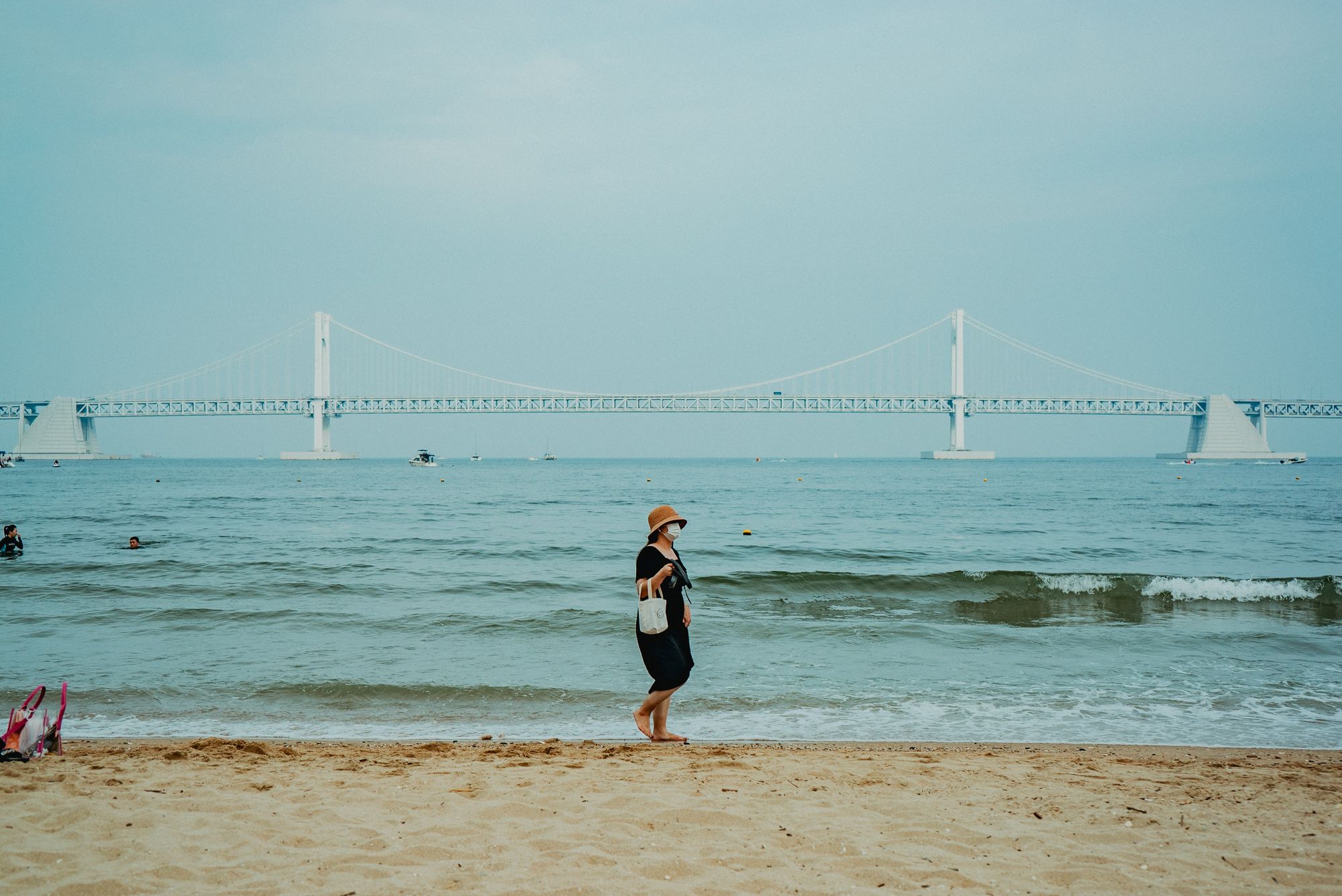Busan to Combat Aging Population By Becoming a Crypto Hub

Busan is looking to become a crypto hub in an effort to revitalize its aging population.
With 3.45 million residents, Busan is South Korea's second biggest city, but is the country's first major city to be classified as "super-aged" as over one fifth of its population is at least 65 years old.
Korea itself is one of the world's fastest-aging economies with per capita GDP of at least US$30,000 according to Bloomberg. In Busan, those aged 65 and above rose to 21% of its population in September, earning the city the description "The Old Man and the Sea."
To attract younger people to the port city, Busan's local government is aiming to become a global hub for digital assets and is even establishing a publicly run exchange. The hope is that blockchain firms, investments and VC firms will then be drawn to the region, which will in turn bring in more young workers.
Park Kwang-hee, head of the finance and blockchain division at Busan's metropolitan government believes younger people prefer to work in crypto. "“We thought it was right to focus on digital assets and financial products," he said.
Data from TripleA shows that almost 4% of South Koreans own cryptocurrency. 31% of South Korean investors are in their 30s, 27% are in their 40s, and a quarter of them are in their 20s.
Busan-based exchange
FTX's colossal collapse isn't deterring Busan from starting its own crypto exchange. Park explains that crypto's unregulated nature is exactly why a regulated public exchange is necessary. The bureaucrat also pointed towards LUNA's crash.
Read more: Do Kwon Hunted By South Korea Officials in Serbia
Data surrounding the industry's appetite for exchanges supports this too. According to research from Singapore based wallet firm imToken, 38% of users found wallets less secure than exchanges, whilst 68% believed trading on exchanges to be more convenient or cheaper than trading on wallets.
Aiming to launch by the end of the year, Busan has already signed memorandums of understanding with some of the biggest exchanges including Binance.
Read more: Smart Contracts, MPC, AA Innovations to Quell Crypto Wallet Security Fears
Plans for the exchange are for it to eventually expand into security tokens, digital assets classified as securities and regulated under Korea’s capital markets law. South Korea is expected to allow the issuance of these tokens this year.
Earlier this month, South Korea's Financial Services Commission issued guidelines to prepare the country for the legalisation of securities tokens.
According to the Financial Services Commission (FSC), digital assets are more likely to be classified as securities if they enable the investor to have stake in the operation of a business, the rights to dividends or residual assets, or if the token issuer attributes profits generated from the business to the investor.
Read more: More Crypto Regulation on the Cards in South Korea
Busan has had a positive relationship with blockchain technology, becoming a regulation-free zone for the technology back in 2019. It is currently backing six blockchain projects involving 17 companies.
However, South Korea still has a tough regulatory stance which the Busan exchange will have to navigate through. Crypto in the country is banned for foreigners and minors, whilst South Korea's Ministry of Justice is planning to track cryptocurrency transactions.
